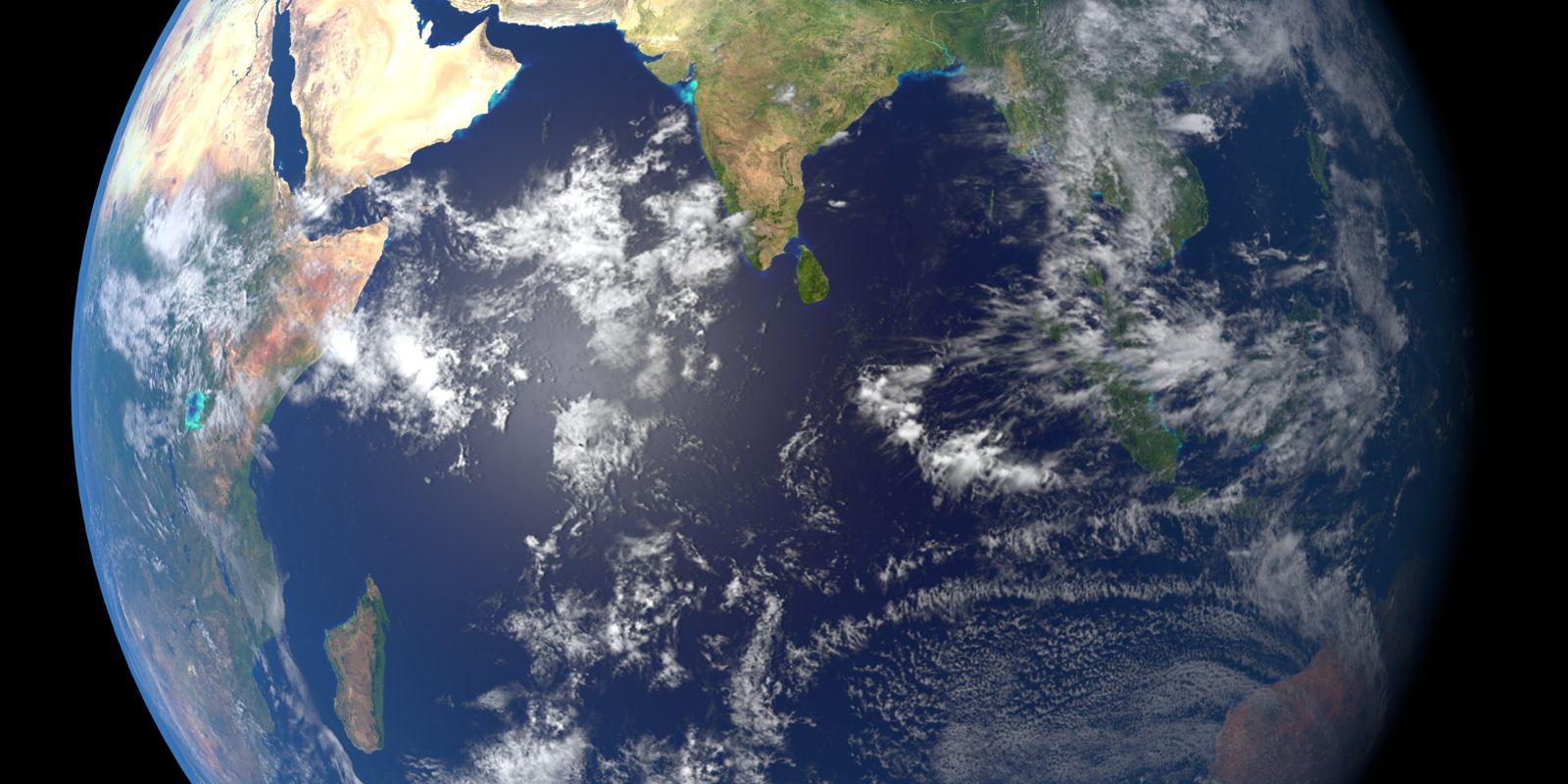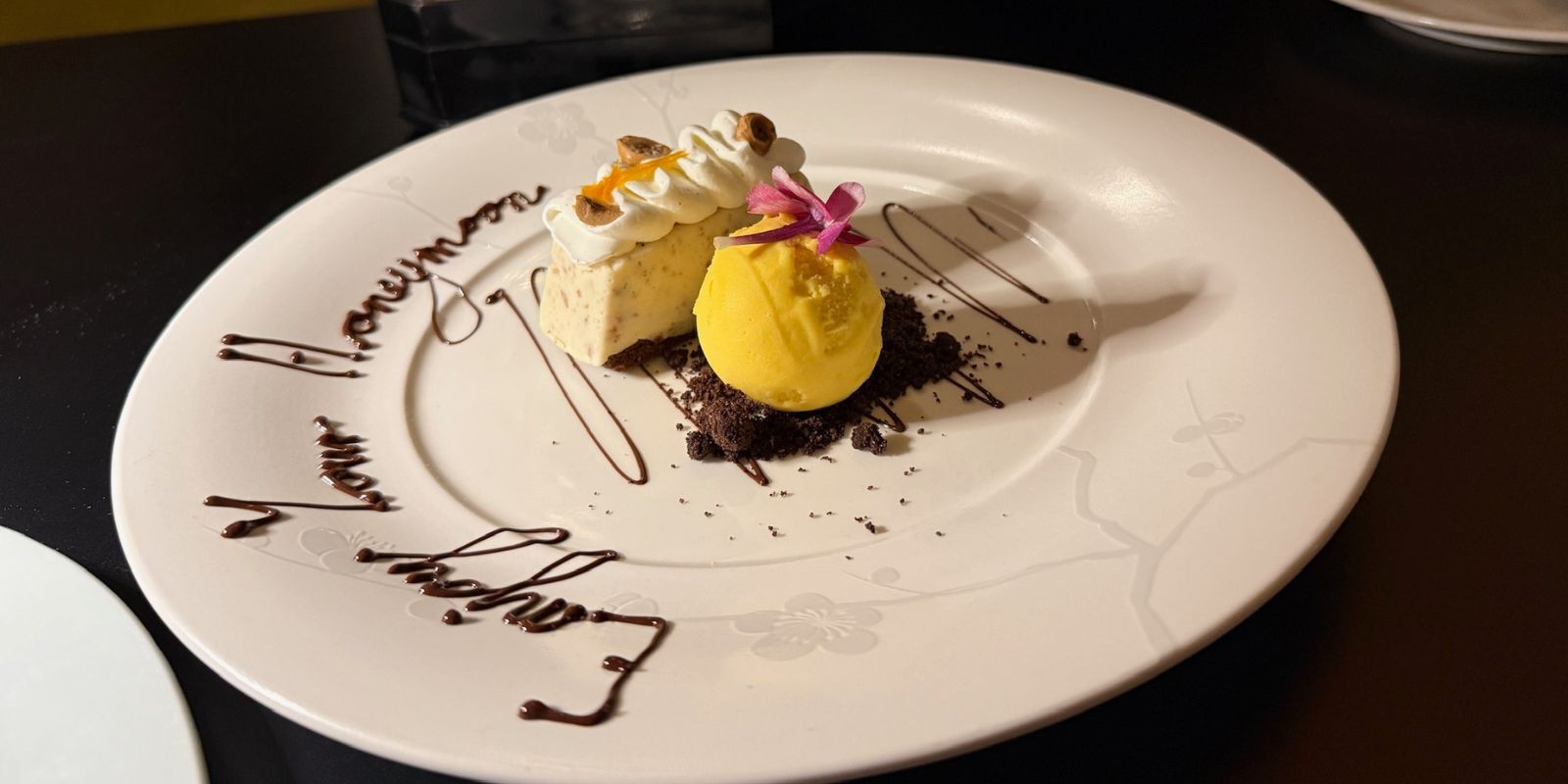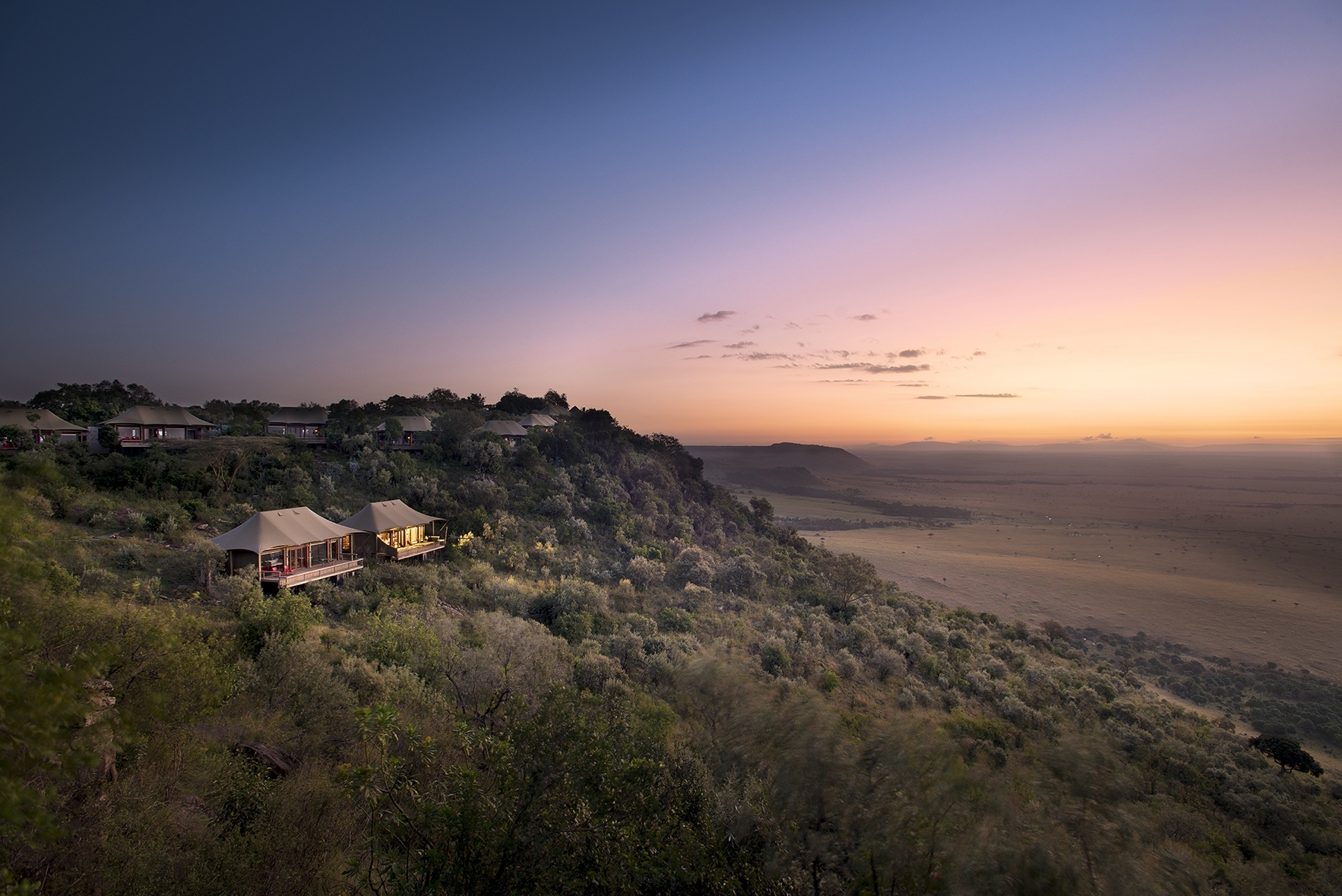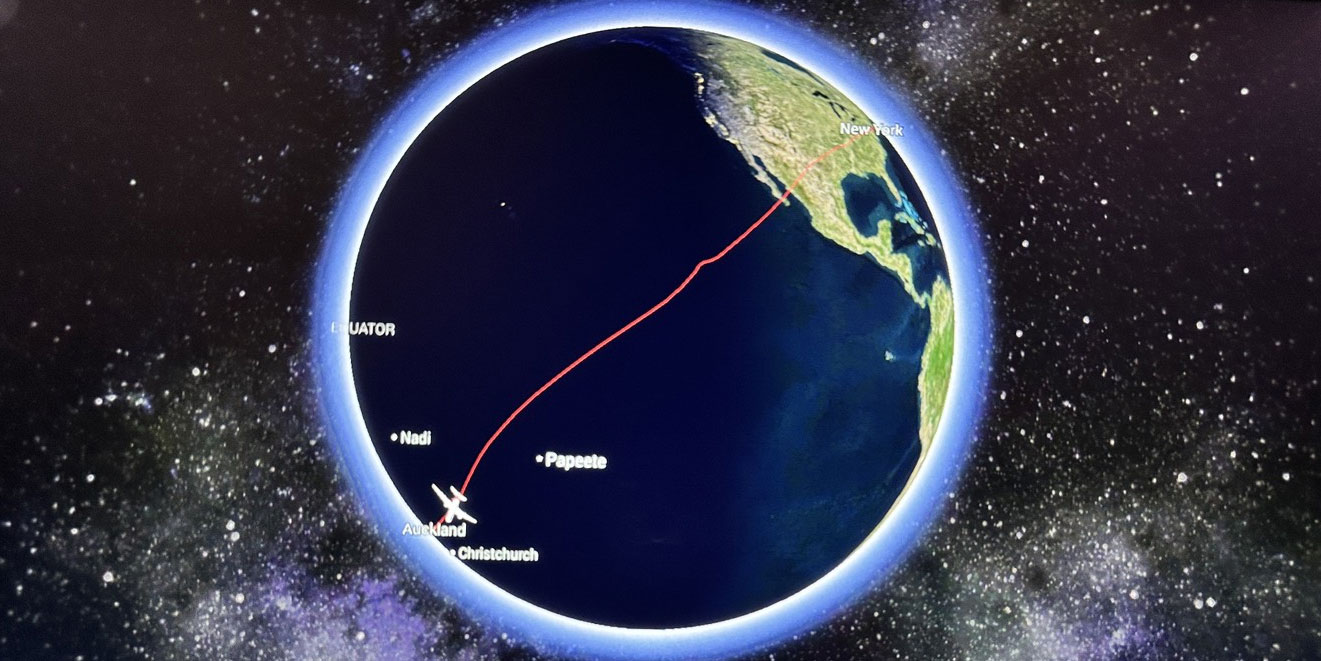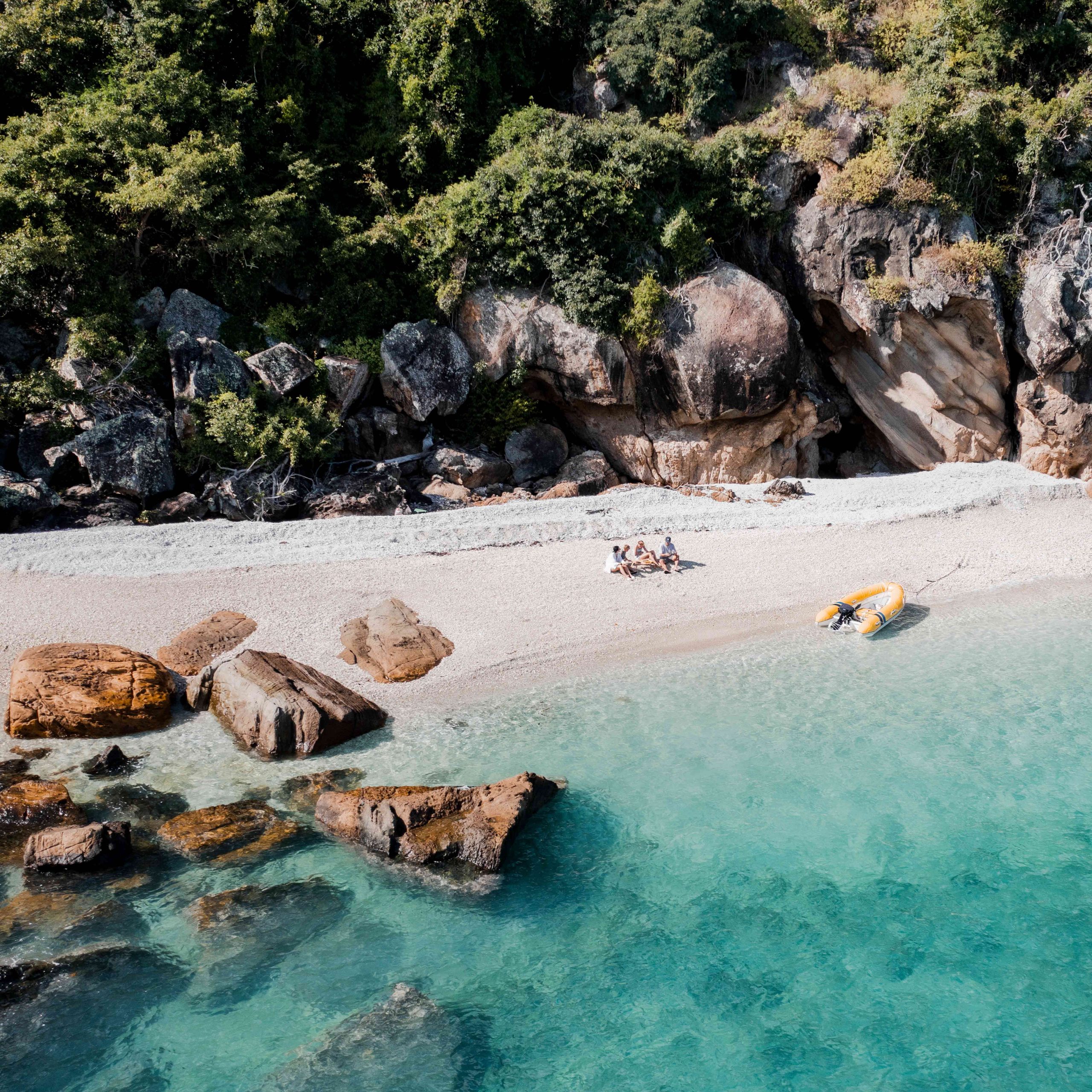This month we’re celebrating moms—animal and human—in our travel destinations. Africa, Australia and New Zealand are full of incredible wildlife with a variety of names for mother and baby.
In Africa, elephant, giraffe, hippo and rhino babies are called calves, while their mothers go by the corresponding name of cow. Lions, leopards and cheetahs have cubs, with moms known as lioness, leopardess and she-cheetah. Much like their fellow horses, a zebra baby is a foal and its mother is a mare.
Down Under in Australia, baby kangaroos, wombats and koalas are called joeys. Meanwhile, a mother kangaroo might be called a doe, flyer or jill; a mother wombat is a jill; and a koala mom is simply a koala. A mother echidna may just be called an echidna, but her spiny bundle of joy has the nickname of puggle! A baby platypus is a platypup, while mom is still just a platypus. Over in New Zealand, the iconic kiwi bird duo is hen and chick.
Penguin hens and chicks, as well as seal, dolphin and whale cows and calves grace the shores each of these distant places.
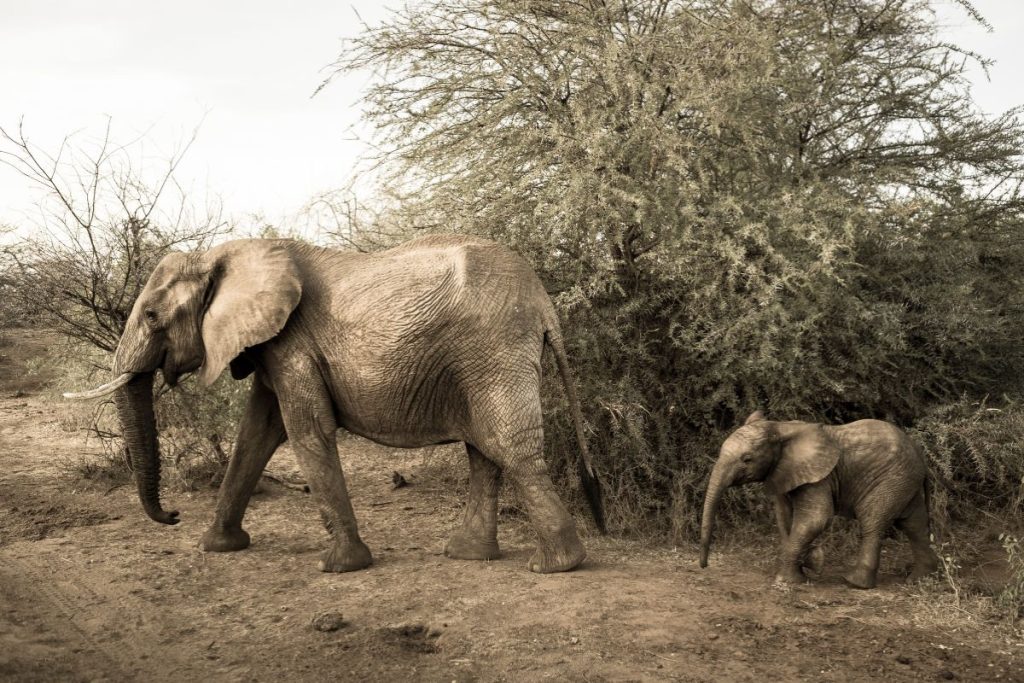
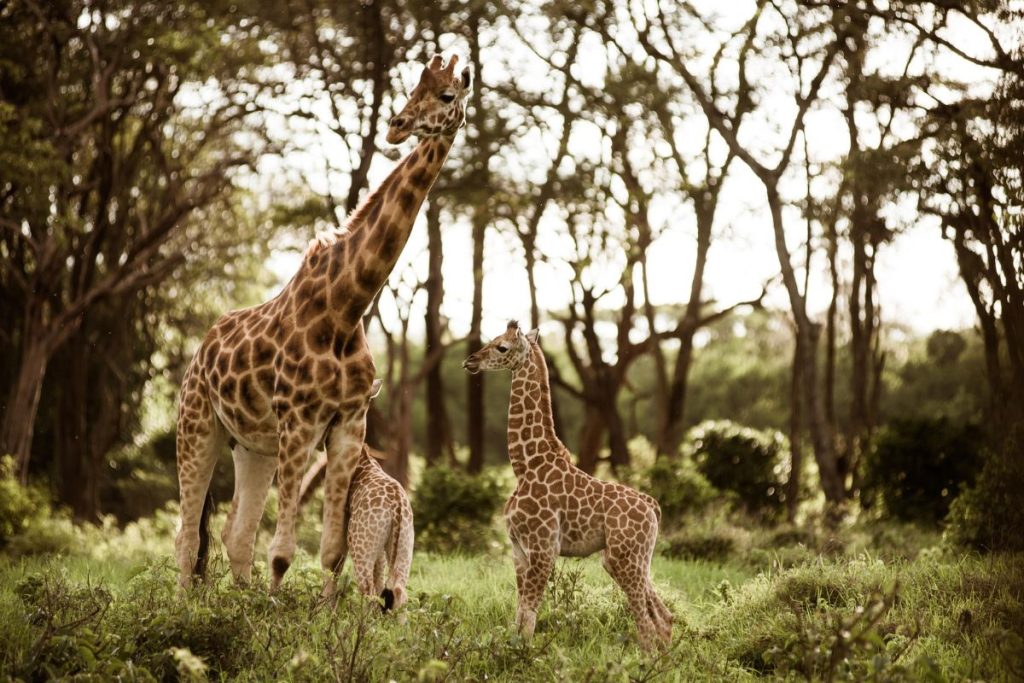
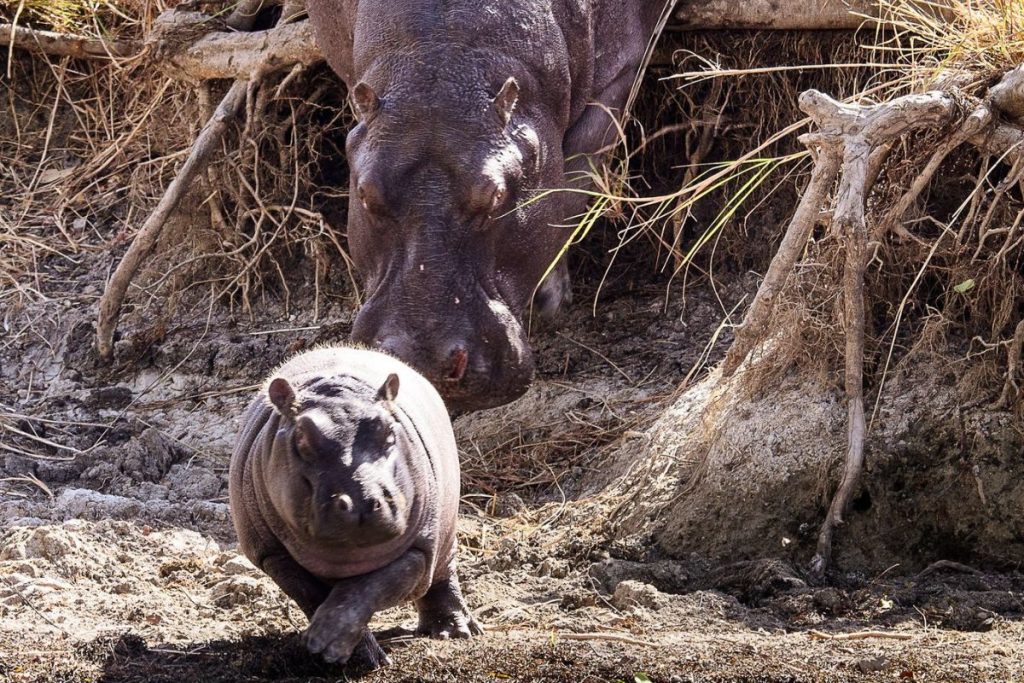
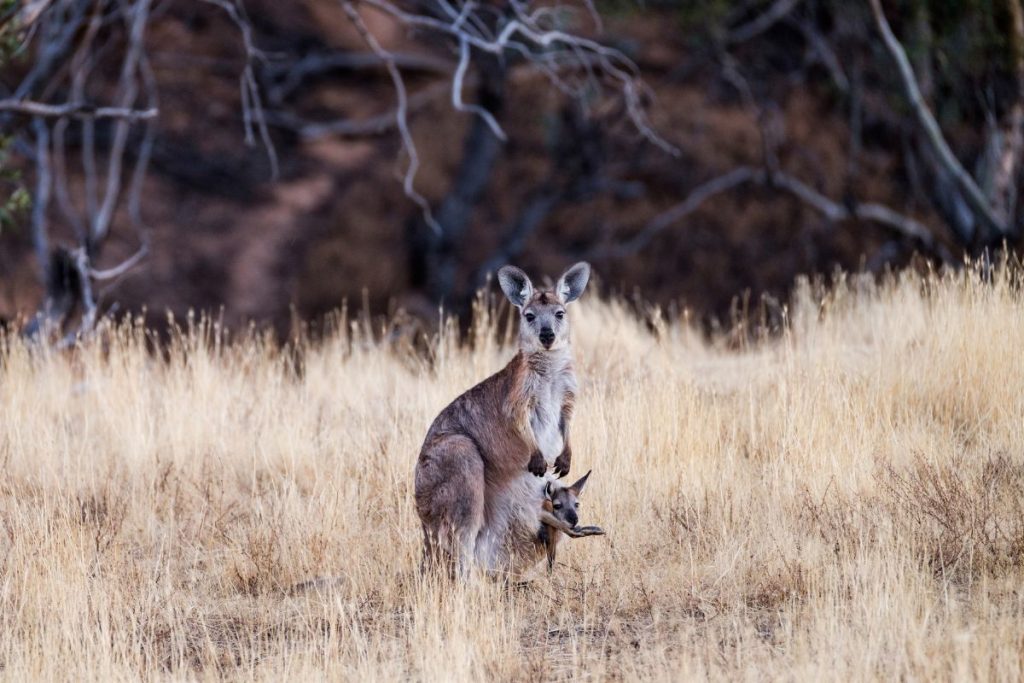
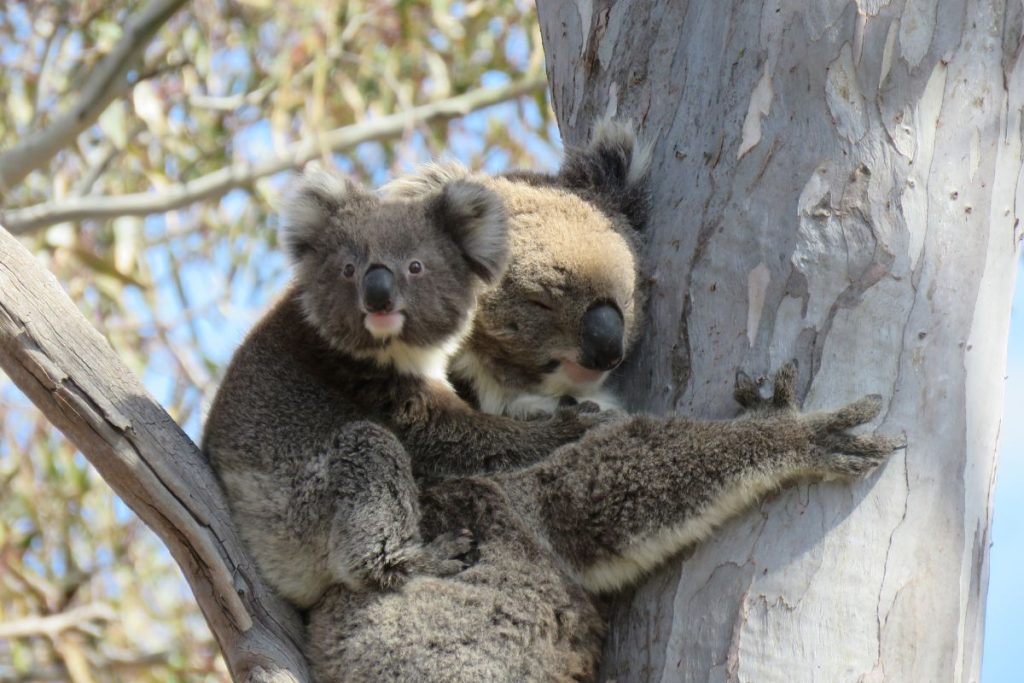
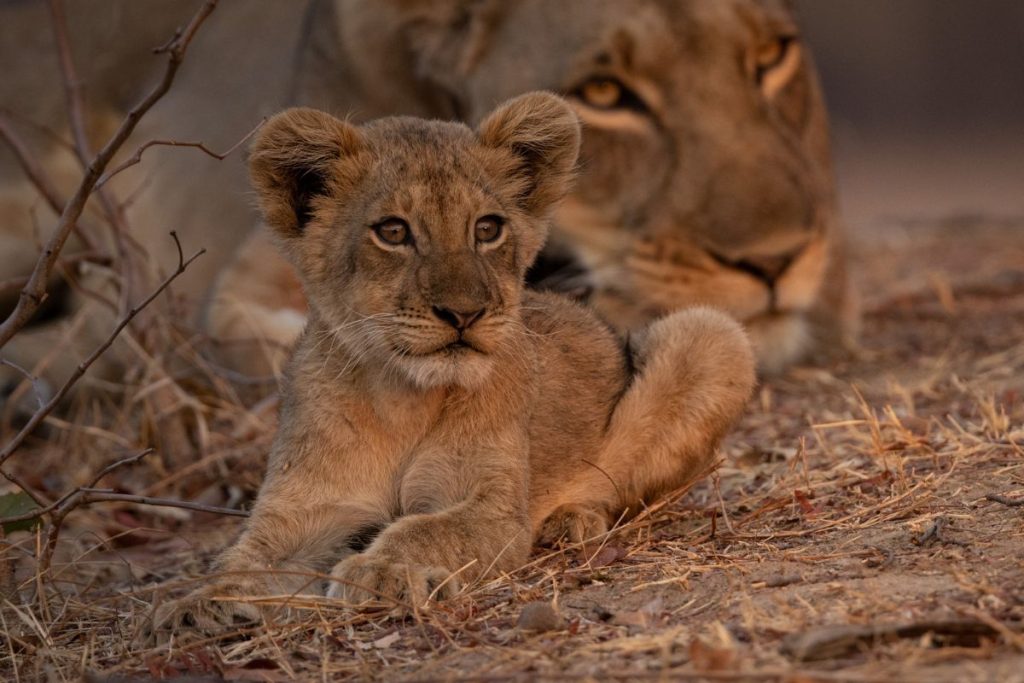
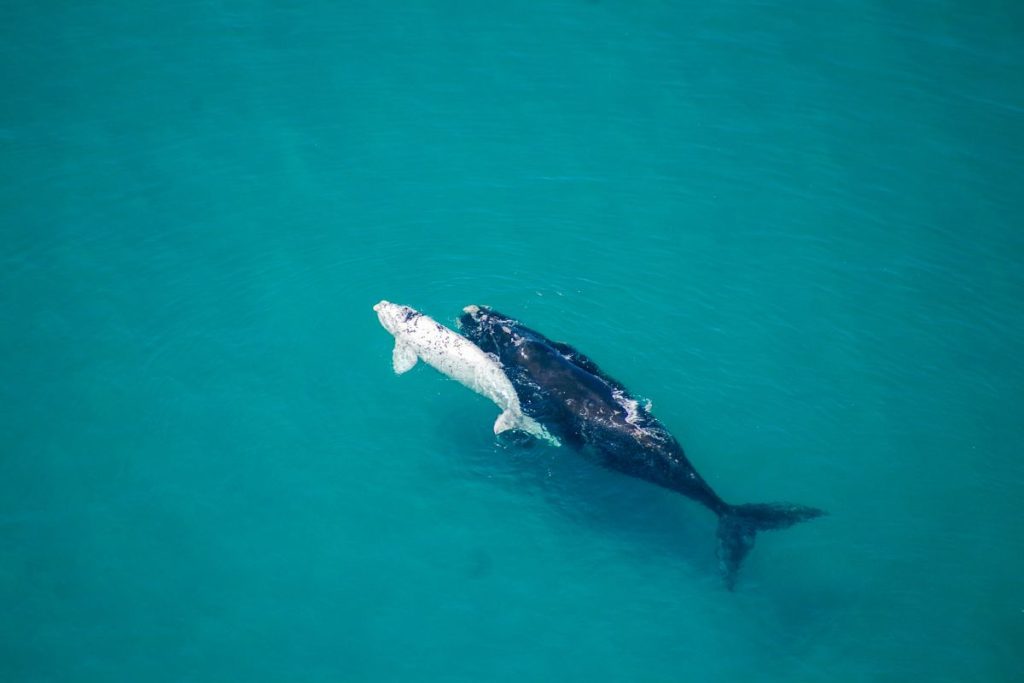
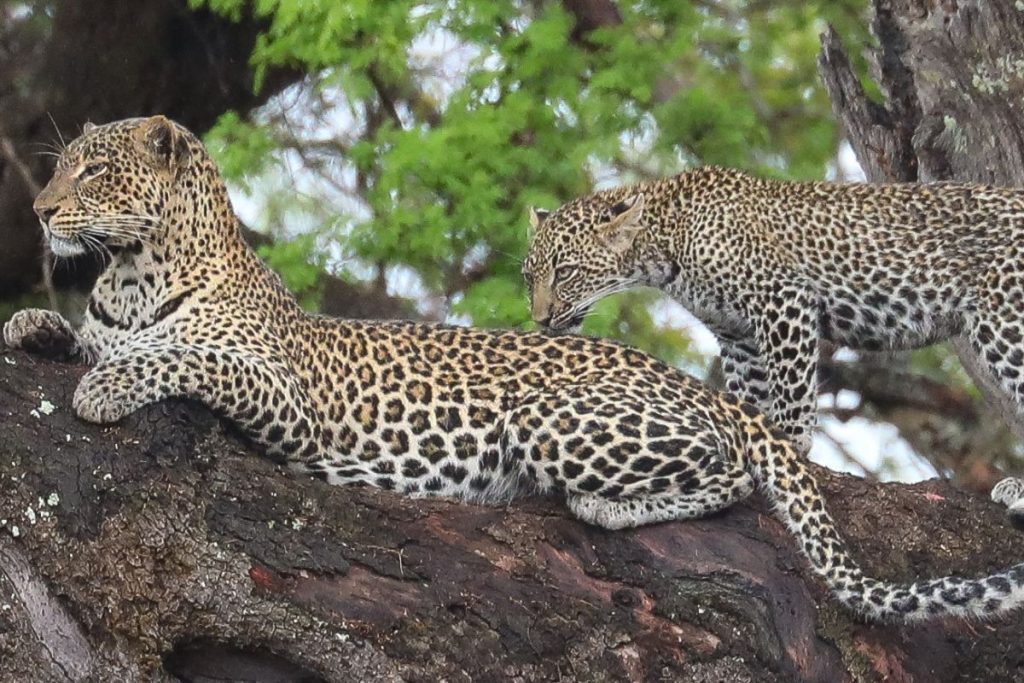
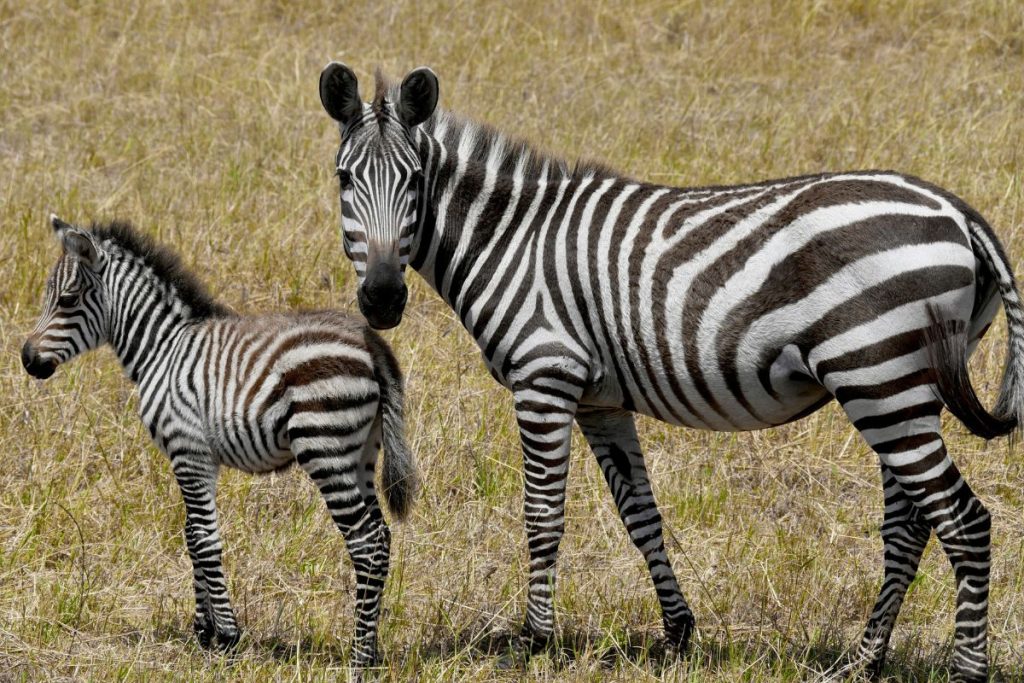
Like the unique and fascinating mix of wildlife, each place has a diversity of languages and traditions. Here are examples of how a few of our travel destinations say Mother, and show their love and appreciation for their mothers.
Botswana
Mme
In Tswana culture, mothers are regarded as vital sources of strength and are honored for their wisdom and leadership. The Setswana proverb “Mmangwana o tshwara thipa ka ha bogaleng,” which can be loosely interpreted as “The mother holds a sword by the blade,” emphasizes the significant role mothers play in nurturing and guiding families.
In Botswana, Mother’s Day is not a commonly celebrated day. In villages, it is not a known holiday, and would only be celebrated in more modernized communities.
Thank you to Xigera Safari Lodge for sharing their native language and traditions.
Kenya
Mama
Swahili and English are the official languages of Kenya, and Mama is Swahili for mother. Our wonderful partner from the Kikuyu Tribe in Kenya also shared that Nyina translates to “mother of” in his native AgIkuyu language and is a term of respect used when referring to a women’s mother or maternal aunt.
Mother’s Day is widely observed in Kenya, also on the second Sunday of May. Kenyans show their appreciation for mothers with gifts, special meals, expressions of love and gratitude.
Australia
Mum
Mum is shortened from Mummy, which is also used by younger children when addressing their mothers. Australians began observing Mother’s Day in the early 1900s shortly after the holiday became official in the U.S. It began as a tradition of collecting charitable gifts for lonely and elderly mothers in hospital, and grew into a broader tradition of honoring all mothers. Today, mums are celebrated with breakfast in bed, cards and gifts.
French Polynesia
Māmā
While French is the official language of French Polynesia, the Tahitian language is also used by many islanders. Above is mother in Tahitian and Mère is mother in French.
Mother’s Day—or “Fête des Mères”—in French Polynesia is celebrated on the last Sunday of May with a combination of traditional Polynesian customs and French influences. Children may express their love with homemade cards and gifts, and special events are held at local markets.
French Polynesia is also a popular destination for Mother’s Day. Many resorts host a special Mother’s Day champagne brunch to add to the already indulgent experience. Imagine celebrating mom with an overwater bungalow, spa treatments, fine dining, cultural experiences and total pampering!

